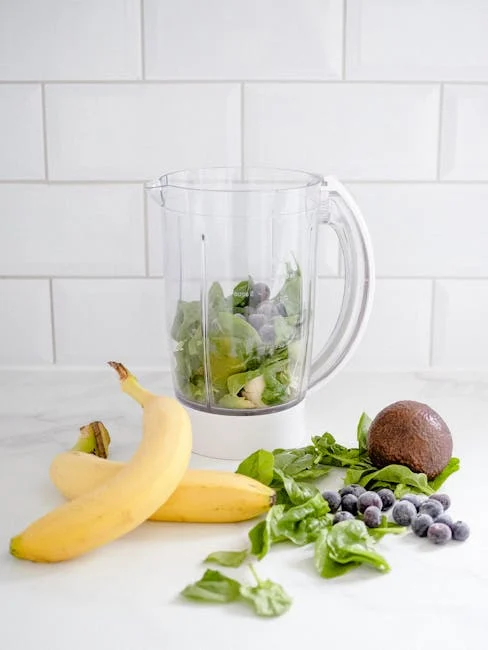Introduction
The Paleo diet, often referred to as the “caveman diet,” has gained significant popularity for its focus on whole, unprocessed foods. While weight loss is a common motivator for adopting this lifestyle, the Paleo diet can offer a surprising range of benefits for gut health. By eliminating many common gut irritants and promoting nutrient-dense foods, Paleo can pave the way for a healthier and happier digestive system.
Paleo and Your Gut: The Connection
Eliminating Common Gut Irritants
One of the primary ways Paleo supports gut health is by removing foods known to cause inflammation and digestive distress. This includes:
- Grains: Many grains, particularly those containing gluten, can be difficult for some individuals to digest and may contribute to leaky gut syndrome.
- Legumes: Legumes contain lectins and phytic acid, which can interfere with nutrient absorption and cause digestive discomfort.
- Processed Foods: These are often loaded with artificial additives, preservatives, and unhealthy fats that can disrupt the gut microbiome and promote inflammation.
- Refined Sugar: Sugar feeds harmful bacteria in the gut, leading to imbalances and inflammation.
- Dairy: Dairy can be problematic for those with lactose intolerance or sensitivities to casein.
Promoting Nutrient-Dense Foods
The Paleo diet emphasizes whole, unprocessed foods that are rich in nutrients beneficial for gut health:
- Fruits and Vegetables: These are excellent sources of fiber, which feeds beneficial bacteria in the gut and promotes regularity. They also provide essential vitamins and minerals.
- Lean Proteins: High-quality protein sources, such as grass-fed beef, poultry, and fish, are easier to digest than processed meats and provide essential amino acids for gut repair.
- Healthy Fats: Sources like avocados, nuts, seeds, and olive oil provide anti-inflammatory omega-3 fatty acids that support a healthy gut lining.
Supporting a Healthy Gut Microbiome
The gut microbiome is a complex ecosystem of bacteria, fungi, and other microorganisms that play a crucial role in digestion, immunity, and overall health. The Paleo diet supports a balanced gut microbiome by:
- Increasing Fiber Intake: Fiber acts as a prebiotic, feeding beneficial bacteria in the gut and promoting their growth.
- Reducing Sugar Consumption: By limiting sugar intake, the Paleo diet discourages the growth of harmful bacteria and yeasts.
- Promoting Diversity: Eating a wide variety of fruits, vegetables, and other whole foods provides a diverse range of nutrients that support a diverse and healthy gut microbiome.
Reducing Inflammation
Chronic inflammation is linked to a variety of health problems, including gut disorders. The Paleo diet can help reduce inflammation by:
- Eliminating Inflammatory Foods: As mentioned earlier, the diet restricts many foods known to trigger inflammation, such as processed foods, grains, and refined sugar.
- Increasing Anti-Inflammatory Foods: It encourages the consumption of foods rich in omega-3 fatty acids, antioxidants, and other anti-inflammatory compounds.
Conclusion
While the Paleo diet may not be a magic bullet for everyone, its emphasis on whole, unprocessed foods and its avoidance of common gut irritants can offer significant benefits for gut health. By promoting a healthy gut microbiome, reducing inflammation, and providing essential nutrients, the Paleo diet can be a valuable tool for improving digestion, boosting immunity, and enhancing overall well-being. Consider consulting with a healthcare professional or registered dietitian to determine if the Paleo diet is right for you and to develop a personalized plan that meets your individual needs and goals. Remember to transition gradually and listen to your body as you make dietary changes.
